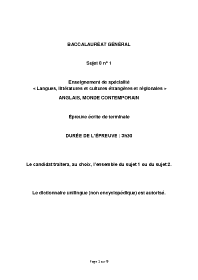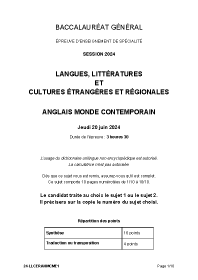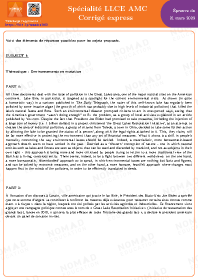According to an article in Business Insider Australia : "No storyline is more ingrained in the American dream than that of the man or woman who rises from rags to riches". However, this is not a "storyline" as the journalist says but rather a promise made to all Americans in the Declaration of Independence (1776) : "All men are created equal" and have "unalienable rights ", namely the right "to life, liberty and the pursuit of happiness". 19th century writer Horatio Alger wrote a series of books which all follow the same plot : a poor boy rises to wealth through hard work and perseverance. To this day the expression "Horatio Alger stories" still refers to the type of story in which a poor character achieves the American dream of wealth and success by working hard and being honest. The "self-made man" is a quasi-mythical creature in the USA. Describing Mark Zuckerberg's phenomenal success, a journalist wrote that "His story fits neatly into the narrative of the American Dream : the self-made man who, through creativity and hard work, becomes the youngest billionaire in the world…" This type of success, of supposedly quick and easy access to wealth would not be possible without another key American value : the entrepreneurial spirit. A Forbes magazine journalist wrote in 2017 that without it "the American dream and all that flows from it will not survive".
Along with this economic freedom, people in the U.S.A but also in all democracies enjoy freedom of speech. In the USA it is guaranteed by the First Amendment to the Constitution. In the UK, which has no written constitution, people have the right to speak their mind too. In London's famous Hyde Park, Speaker's Corner is a traditional place where people can freely give speeches and engage in debates. This tradition started in the late 1800s and to this day, people still gather there to listen to speakers or take part in protests. It is described in a leaflet for tourists as "the oldest free speech platform in the world." The BBC adds that "anyone can get on their soapbox and make their voice heard."
However even in countries like the US that pride themselves on their citizens' liberty and equality, freedom of speech is sometimes curbed. During the Black Lives Matter protests, the police were accused of being particularly violent. An article in The First Amendment Encyclopaedia claims that the "militarization of police imposes a chilling effect on First Amendment rights." Originally the Black Lives Matter movement was created to "intervene when violence was inflicted on black communities". In 2016, to protest police brutality and the treatment of minorities, a famous football player Colin Kaepernick took a knee, instead of standing, during the American national anthem, which is played before sports events. He explained : “I am not going to stand up to show pride in a flag for a country that oppresses black people and people of color.” In May 2020, George Floyd, an African American man, died while he was being arrested. He suffocated after a white police officer kneeled on his neck for nearly 9 minutes. After that, hundreds of thousands of people took to the streets all over the US to protest against racism and police brutality. Decades have gone by since the end of the Civil Rights Movement in the 60s but many people regret that little has changed for minorities in the US.
In the 60s Native Americans also hoped for change and as a Guardian article put it "With the Civil Rights Movement, came a rebirth in self-determination." J.F. Kennedy in one of his most famous speeches had pointed out that Native Americans had had "their territories taken away from them and […] as a consequence were displaced in their own land." Worse than this as the Guardian journalist explains : "US governments in the 1950s forcefully relocated Native Americans […] and intentionally placed Indian orphans into the homes of white families." In the Prologue to his novel There There(2018) Tommy Orange, who is a member of the Cheyenne and Arapaho Tribes, writes that "All the way from the top of Alaska, down to the bottom of South America, Indians were removed, then reduced to a feathered image". He then adds : "Getting us to cities was supposed to be the final necessary stop in our assimilation, absorption, erasure, the completion of a five-hundred-year-old genocidal campaign." Yet, according to Native Hope, a website dedicated to Native American culture: "People of Native American descent are full of a longing to know more about their ancestors and to reconnect with a tribe or a culture they have lost."







